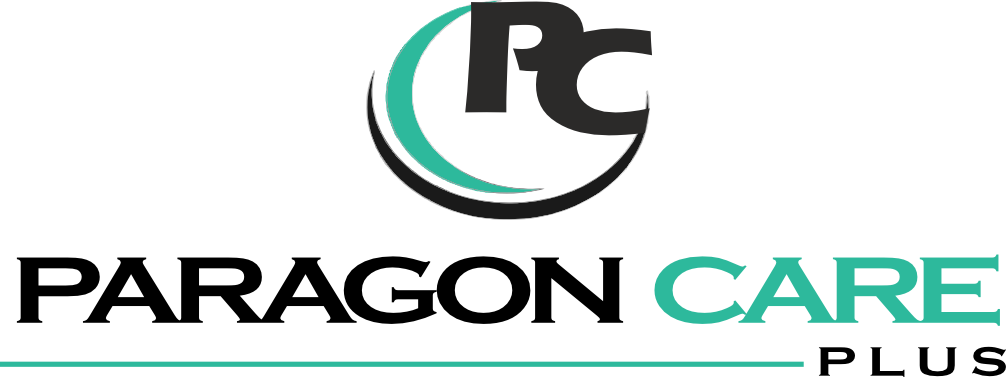

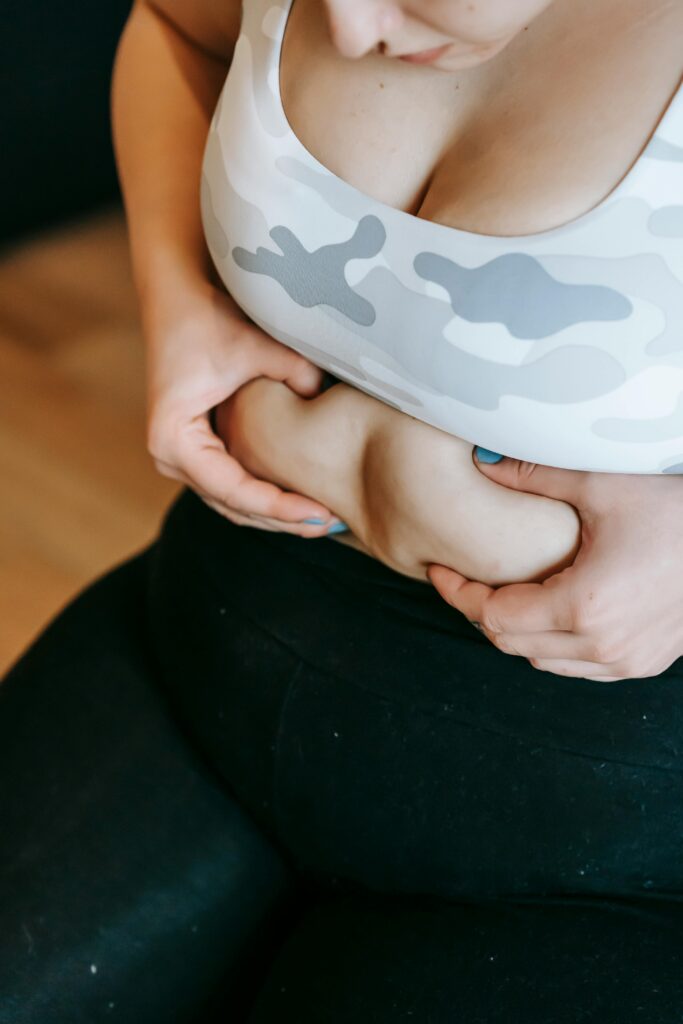
Understanding the relationship between eating and exercise can significantly impact your workouts. Here are some tips on when and what to eat to enhance your performance, whether you’re engaging in a casual workout or training for a competition.
1. Eat a Healthy Breakfast

If you exercise in the morning, get up early enough to finish breakfast at least one hour before your workout. Proper fueling is essential for a successful workout. Studies suggest that consuming carbohydrates before exercise can improve your performance and enable you to exercise longer and at higher intensities. Without eating, you might feel sluggish or lightheaded.
– Good Breakfast Choices
– Whole-grain cereals or bread
– Low-fat milk
– Juice
– A banana
– Yogurt
If you usually have coffee in the morning, it’s likely fine to have a cup before your workout. However, be cautious when trying new foods or drinks before exercising, as they might upset your stomach.
2. Watch the Portion Size
Be mindful of how much you eat before exercising. General guidelines suggest:
– Large meals:** Eat these at least 3 to 4 hours before exercising.
– Small meals or snacks:** Eat these about 1 to 3 hours before exercising.
Eating too much can leave you feeling sluggish, while eating too little might not provide the energy you need for a strong workout.
3. Snack Well
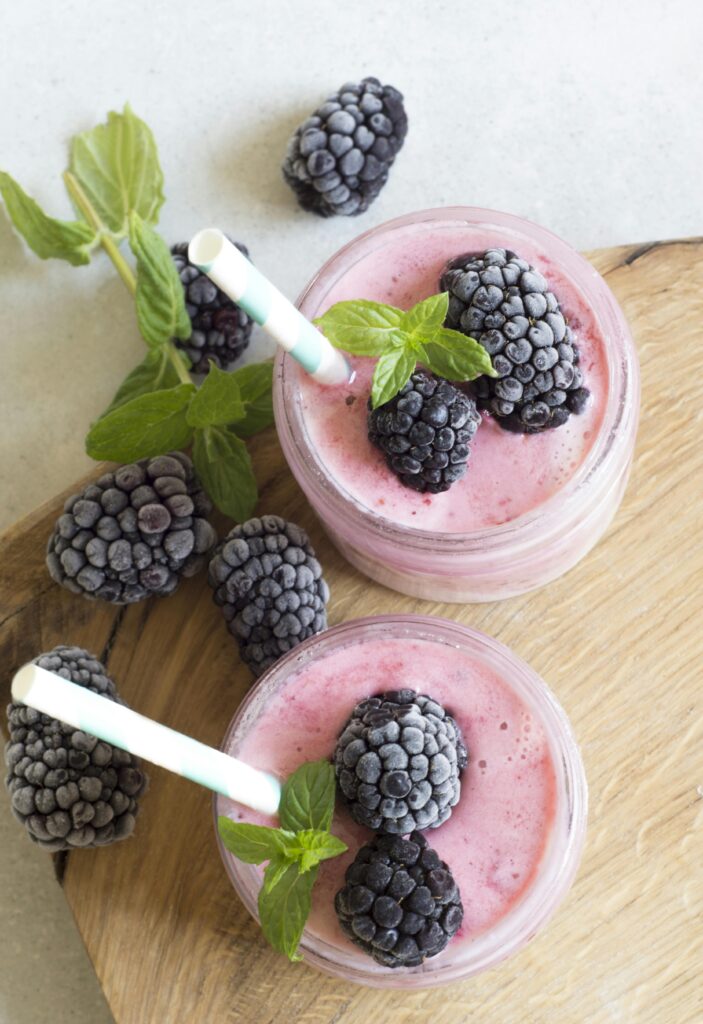
Most people can eat small snacks right before and during exercise. Do what works best for you. Snacks eaten soon before exercise likely won’t provide additional energy for workouts under 60 minutes, but they can help prevent hunger. For workouts longer than 60 minutes, consider having a carbohydrate-rich food or drink during the session.
– Good Snack Choices
– An energy bar
– A banana, apple, or other fresh fruit
– Yogurt
– A fruit smoothie
– A whole-grain bagel or crackers
– A low-fat granola bar
– A peanut butter sandwich
– Sports drink or diluted juice
A healthy snack is especially important if you plan to work out many hours after a meal.
4. Eat After You Exercise

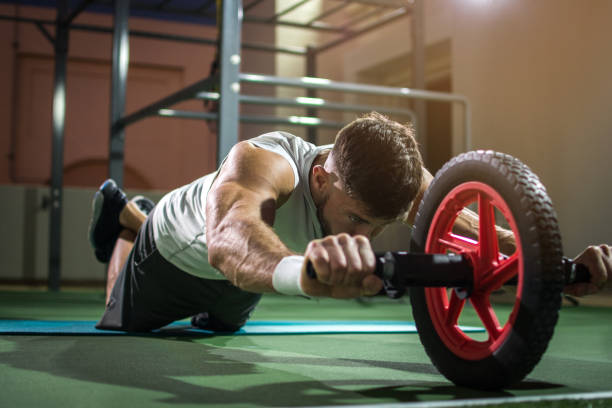
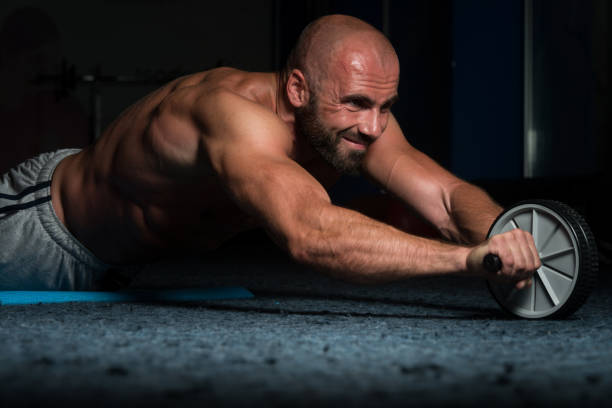
Try to eat a meal that includes both carbohydrates and protein within two hours of your workout. This helps muscles recover and replenishes glycogen stores. If your next meal is more than two hours away, consider having a snack.
– Good Post-Workout Food Choices:
– Yogurt and fruit
– Peanut butter sandwich
– Low-fat chocolate milk and pretzels
– Post-workout recovery smoothie
– Turkey on whole-grain bread with vegetables
5. Stay Hydrated



Don’t forget to drink fluids before, during, and after exercise to prevent dehydration.
– Hydration Guidelines:**
– Drink 2 to 3 cups (473 to 710 milliliters) of water in the 2 to 3 hours before your workout.
– Drink about 1/2 to 1 cup (118 to 237 milliliters) of water every 15 to 20 minutes during your workout, adjusting for your body size and the weather.
– Drink 2 to 3 cups (473 to 710 milliliters) of water after your workout for every pound (0.5 kilogram) of weight lost.
Water is generally the best way to replace lost fluids, but for exercises lasting more than 60 minutes, a sports drink can help maintain electrolyte balance and provide extra energy from carbohydrates.
Let Experience Be Your Guide
The length and intensity of your activity should guide your eating and drinking habits. For example, running a marathon requires more energy from food than a short run or walk. Avoid introducing new foods or drinks before a long sports event; it’s best to have tested them in advance to see how your body reacts.
Everyone’s body is different, so pay attention to how you feel during your workouts and adjust your eating habits accordingly. Consider keeping a journal to track how your body responds to different foods and snacks, helping you optimize your diet for the best performance.
